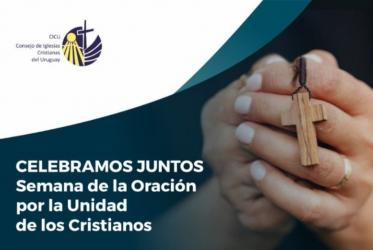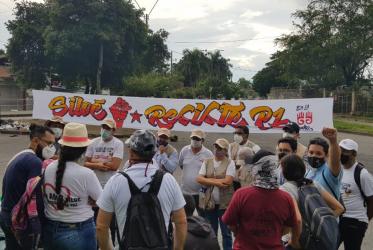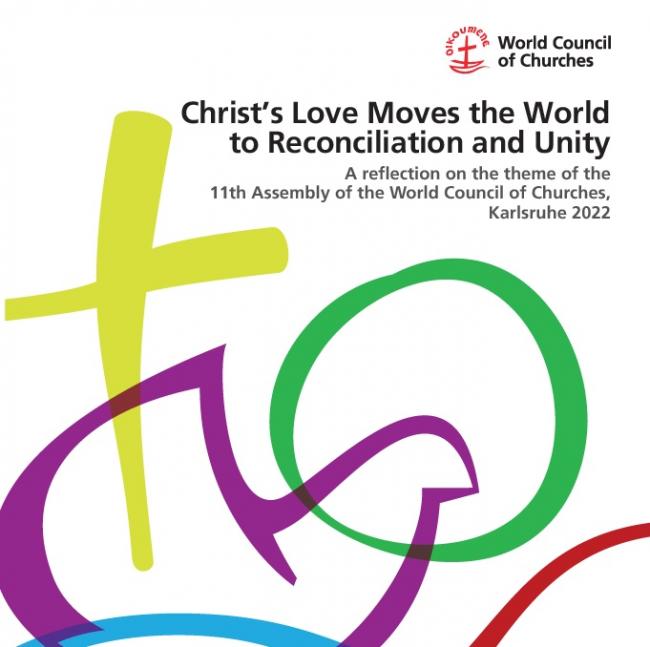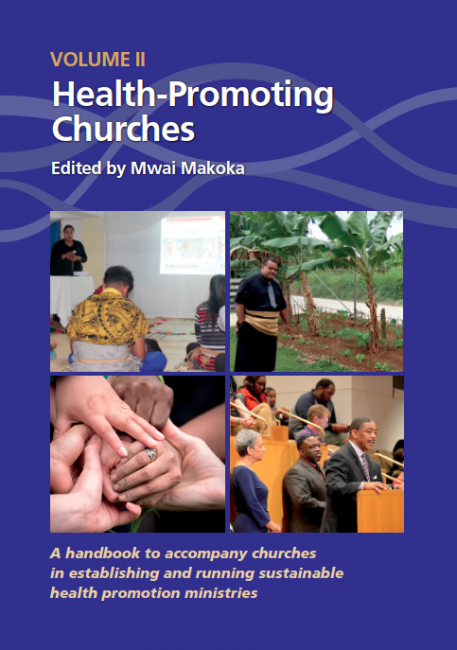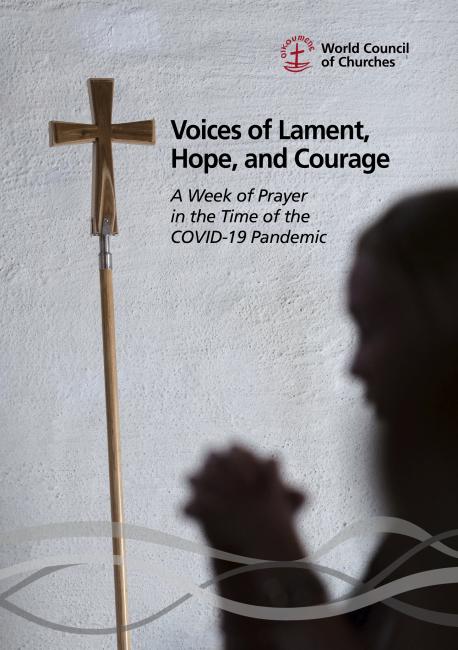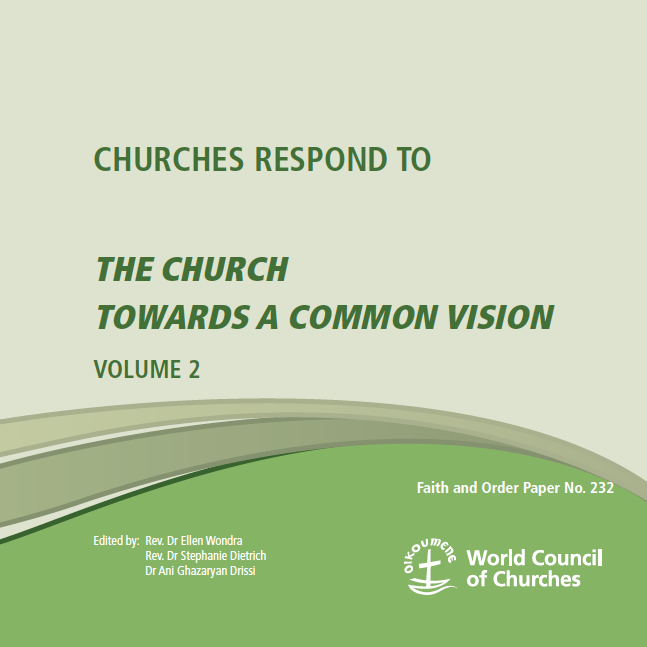Displaying 141 - 160 of 229
Health-Promoting Churches Volume II:
A handbook to accompany churches in establishing and running sustainable health promotion ministries
28 April 2021
Voices of Lament, Hope, and Courage
A Week of Prayer in the Time of the COVID-19 Pandemic
18 March 2021
Churches Respond To The Church: Towards A Common Vision Volume I
Faith and Order Paper No. 231
23 February 2021
Churches Respond To the Church: Towards a Common Vision Volume II
Faith and Order Paper No. 232
23 February 2021
In pictures: Week of Prayer for Christian Unity
01 February 2021
Love and Witness
Proclaiming the Peace of the Lord Jesus Christ in a Religiously Plural World
18 January 2021


